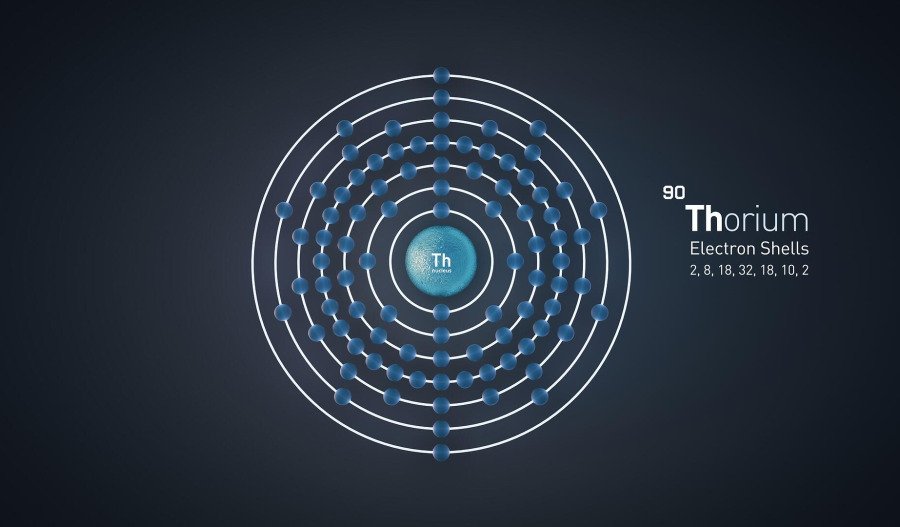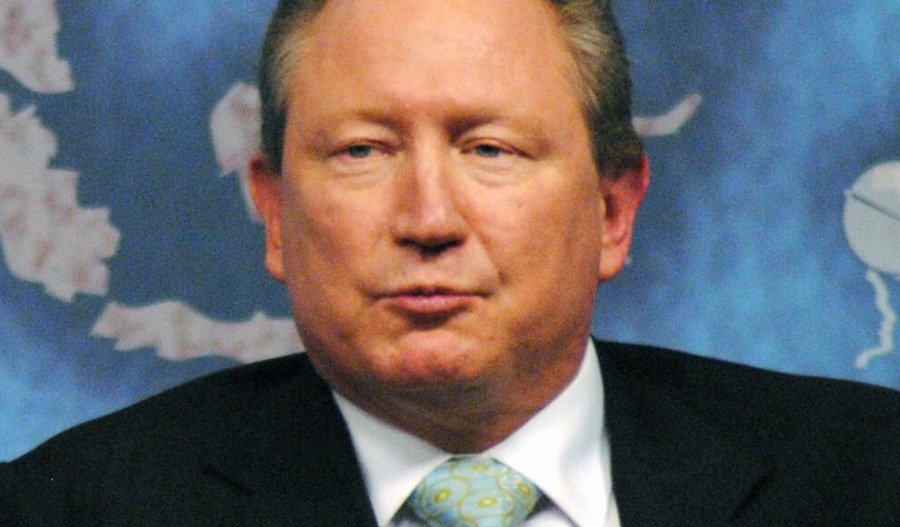At Wednesday’s AFR Mining Summit in Perth all keynote presenters across the sector – encompassing iron ore, lithium, rare earths and beyond - shared one key message with the new Labor government: If you don’t get your policy settings right and quickly, Australia will not only fail to attract foreign investment, but local miners may also continue to favour global investments over those onshore.
Andrew Forrest chairman of Fortescue Metals (ASX: FMG) set the scene by urging the new WA and federal Labor governments to use their mandates to create the right policy settings that accelerate the move to producing green iron using renewable energy.
Sticking with policy issues around iron ore, Simon Trott CEO of iron ore Rio Tinto highlighted the need for a strong environmental policy, which means processing approvals in a timely manner. Trott also stressed the need for a stable tax policy that is conducive to investment and ensuring we as a country have competitive and secure supplies.
“The challenges for us now are different and that means we've got to engage better with business, government and other stakeholders,” Trott noted.
“We could see green iron in the Pilbara. Energy and capital intensity are the two key determinants of it.”
Meantime, rare earth miners attending the summit noted that it’s been an incredible year for rare earths, especially China’s recent rare earth restrictions and bans on the export of IP in hardware to build RE refineries.
Despite recent media hype around the government subsidising uneconomic projects, Rowena Smith CEO at Australian Strategic Materials believes there’s clearly a role for it to play in acting like an aggregator.
“This is an example of where leadership from government to aggregate and de-risk will be very enabling for the industry and for the ecosystem to get into production,” said Smith.
Luca Giacovazzi CEO at Wyloo also noted that while the demand side is there, this hasn’t translated into price due to dysfunction in the supply chain.
Special Reserve
In light of these challenges, Madeleine King, Minister for Resources (Northern Australia) highlighted the critical role of the Albanese government’s critical minerals strategic reserve initiative along with a host of other initiatives including competitive data production tax credits.
“A strategic reserve means the government will have the power to purchase, own and sell critical minerals found here in Australia,” says King.
“It will allow us to deal with trade and market disruption from a position of strength.”
While King expects stockpiles of bespoke critical minerals to be small, participation in offtake agreements will be voluntary.
In short, Smith and Giacovazzi see structural support by the government to help build a new industry - and make the appropriate investment in the infrastructure to maintain supply – as a net positive.
However, the great unknown is whether strategic reserves will have their premium quality reflected in the price.
Related content



